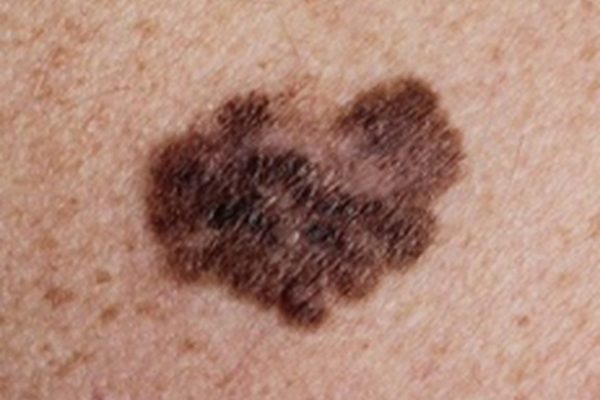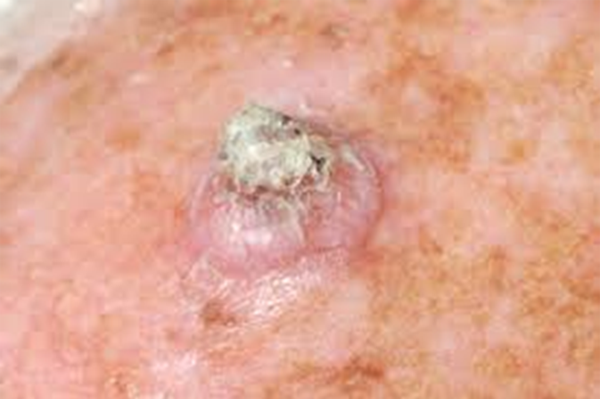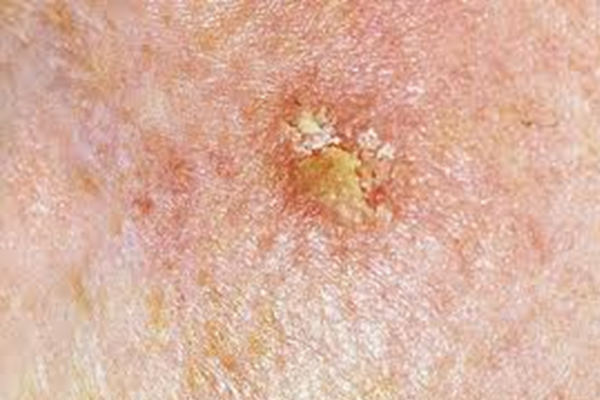
Early Detection Saves Lives
Early detection saves lives. Our clinic offers skin cancer screening in London. Skin cancer Specialists conduct thorough skin examinations to identify and treat suspicious moles and lesions.
Our Screening Process:
- In-person consultation
- Virtual Consultation
- Result letter within 5 days
- Total body check
- Annual Skin Cancer Checks
- Mole mapping
- GP referrals
Early detection is key! Book your skin cancer screening today.
Skin Cancer Screening Services

Malignant Melanoma
A malignant melanoma is a tumour of melanocytes. It occurs more frequently in individuals with fair or red hair who are prone to burning rather than tanning in the sun, those who have experienced severe burns more than once during childhood, those with a significant number of moles (over 50), individuals with a family history of melanoma, and those who have previously had malignant melanoma.
All suspicious lesions will be excised with a 2 mm margin of healthy skin and sent for histological analysis. Subsequent treatment is determined by the thickness of the tumour.

Squamous Cell Carcinoma
Squamous cell carcinoma (SCC) is less common on the skin than basal cell carcinoma (BCC). It develops from previously normal skin or a pre-existing lesion. SCCs typically occur in areas of maximum sun exposure, such as the bald head, lips, cheeks, nose, ears, chest, and the backs of the hands. SCC can also occur on non-sun-exposed skin, at sites of previous radiotherapy, or in old burn scars or leg ulcers.
The treatment of choice is surgery.

Bowen’s Disease
Bowen’s disease is a very early form of skin cancer, also known as squamous cell carcinoma in situ. It is not contagious, but if left untreated, it can progress to invasive squamous cell carcinoma.

Basal Cell Carcinoma
Basal cell carcinoma (BCC) is a type of skin cancer that primarily develops in areas of the skin exposed to ultraviolet (UV) light. It is the most common form of non-melanoma skin cancer and typically does not spread to other parts of the body. As a result, while it is classified as skin cancer, it is rarely life-threatening. The most common treatment for BCC is surgery, which usually involves removing the cancerous tissue along with some surrounding healthy tissue under local anaesthesia.
There are various types of BCC, such as nodular, nodular cystic, infiltrative and superficial. The superficial type of BCC can be treated with cryotherapy or the topical chemotherapy cream Efudix.

Actinic Keratosis
Rough, scaly macules or papules on chronically sun-exposed skin. For a single or a few lesions, cryotherapy is the treatment of choice. Large numbers of actinic keratosis can be treated with %5 Efudix cream, 5% Imiquimod (Aldara) cream, 3% Diclofenac (Solaraze) or photodynamic therapy.







